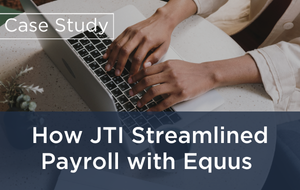As we enter 2023, world events continue to create a high degree of uncertainty around how businesses may or may not deploy their employees on assignments and moves – both this year and beyond.

Pandemic restrictions and supply chain bottlenecks have eased, leading to a resurgence in new assignments. Early in 2022, assignments tended to be for shorter durations. As employees’ and employers’ trepidation subsided, longer-term assignments have again become more common. This post-pandemic reopening coincides with employees requesting alternative work arrangements including cross-border remote work. Together, these factors point to a potential rise in assignment activity in 2023 as companies look to expand their reach or grow their businesses.
Meanwhile, businesses continue to have concerns about political instability, inflation, and the economy in most regions around the globe. They may need a more robust value proposition to justify the investment in new assignments or remote work arrangements.
We have observed that our clients have adjusted their approach to address these issues. Specifically, they are now evaluating more assignment policy options in their authorization process to deploy talent from one location to another.

The traditional long term home-based tax equalized approach is still the most common option, especially for outbound Americans, due to the United States’ approach to tax its citizens on worldwide income. Alternatives, however, are growing in popularity. We see increasing use of no-frills host-based tax gross-up only policies with minimal assignment benefits, especially for self-initiated moves where a full suite of assignment benefits is unnecessary. Host-based policies, when compared to traditional equalized policies, save in both assignment and administration costs.
We see more and more Global Mobility clients preparing cost estimates based on different assignment policies so that they can provide options to their business partners. The availability of more alternatives can lead to better decision making.
Equus has pre-configured cost estimate templates for most common tax policy approaches, including tax gross-up host-based or permanent transfers, as well as tax equalized home-based assignments. These can be easily “switched on” to provide more alternatives as we navigate the uncertainties in 2023.
Contact us to learn more.












